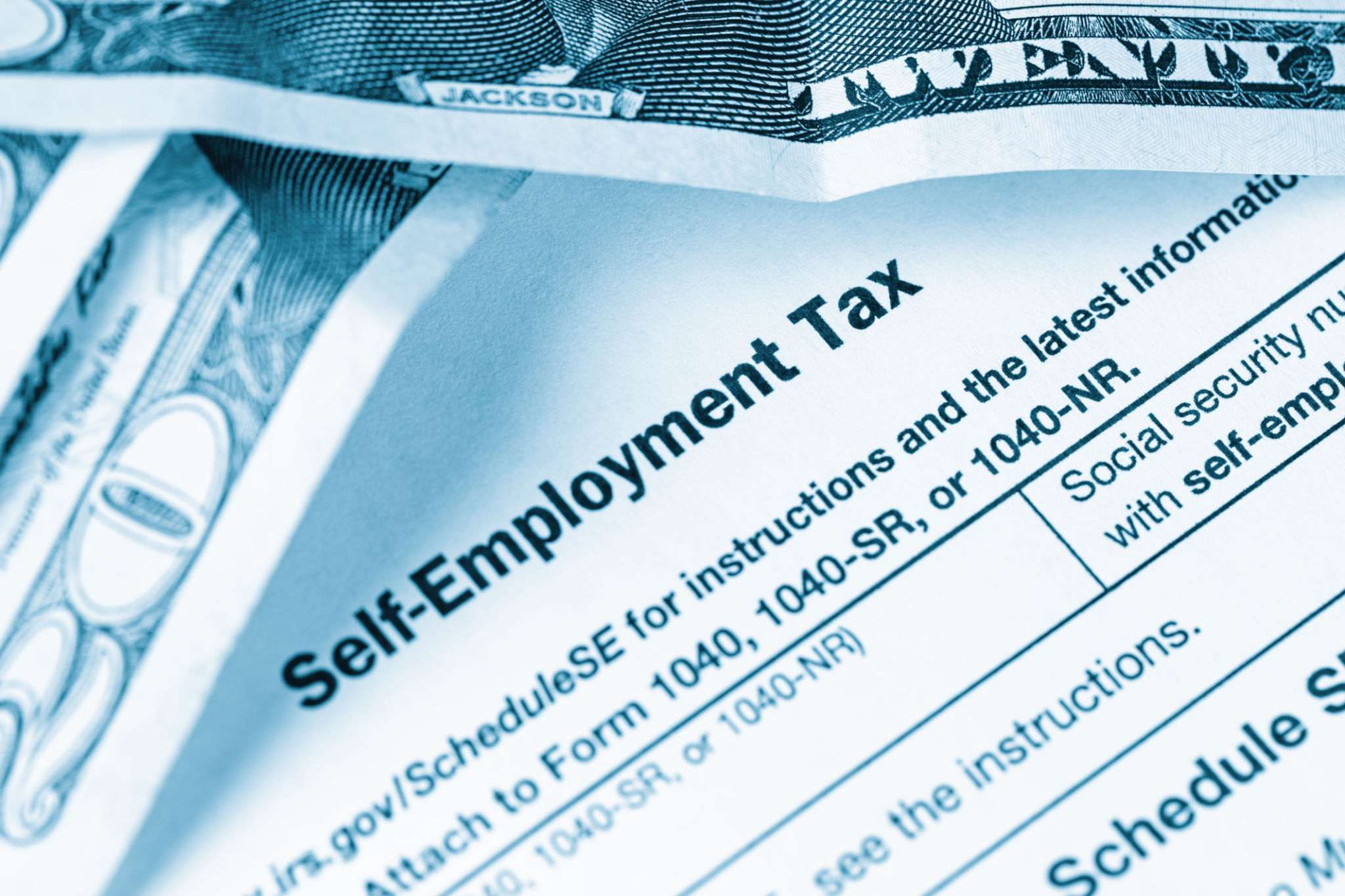Top Mistakes to Avoid in Canadian Tax Preparation
Understanding Common Errors in Canadian Tax Preparation
Preparing taxes can be a daunting task, especially when it comes to understanding the intricacies of Canadian tax laws. Even small mistakes can lead to significant issues, including penalties or missed opportunities for refunds. By being aware of common errors, you can better navigate the tax preparation process and ensure accuracy in your filings.
One of the most frequent mistakes is neglecting to report all sources of income. This includes not only employment income but also any side gigs, rental income, or investment earnings. It is crucial to declare all income to avoid potential audits or penalties from the Canada Revenue Agency (CRA). Ensure you gather all necessary documents, such as T4s and T5s, to accurately report your earnings.

Overlooking Deductions and Credits
Many taxpayers miss out on valuable deductions and credits that can significantly reduce their tax liability. Commonly overlooked deductions include moving expenses, tuition fees, and medical expenses. Make sure you research and claim all applicable deductions and credits available to you.
Another error is not claiming eligible dependents or incorrectly claiming them. Understanding who qualifies as a dependent and what benefits they bring can be complex. It's essential to keep abreast of current tax rules regarding dependents to maximize your potential credits.

Incorrectly Filing Self-Employment Income
For those who are self-employed, accurately filing income and expenses is critical. A common mistake is failing to keep detailed records of business expenses, which can lead to over-reporting income and paying more taxes than necessary. Use bookkeeping software or hire a professional accountant to help track these expenses throughout the year.
Additionally, ensure you understand the distinction between personal and business expenses. Only business-related costs should be deducted to avoid complications with the CRA.

Filing Late or Not at All
Procrastination can lead to hefty fines when it comes to tax filings. The CRA imposes penalties for late submissions, which can add up quickly. To avoid these charges, make sure you file your taxes by the deadline. If you're unable to pay your taxes by the due date, file anyway and contact the CRA to discuss payment options.
If you're expecting a refund, there's even less reason to delay filing. The sooner you submit your return, the sooner you'll receive any refund you're owed.

Using Incorrect Tax Information
Tax regulations change frequently, and using outdated information can lead to filing errors. It's important to stay informed about current tax laws and any changes that might affect your return. Consider consulting a tax professional or using updated tax software that reflects the latest regulations.
Always double-check your calculations and information before submitting your return. Simple mathematical errors or incorrect personal information can result in delays or complications with your tax filing.

By being aware of these common mistakes and taking proactive steps to avoid them, you can streamline your Canadian tax preparation process. Consider seeking professional advice if you're uncertain about any aspect of your taxes, as this can save you time, stress, and money in the long run.
